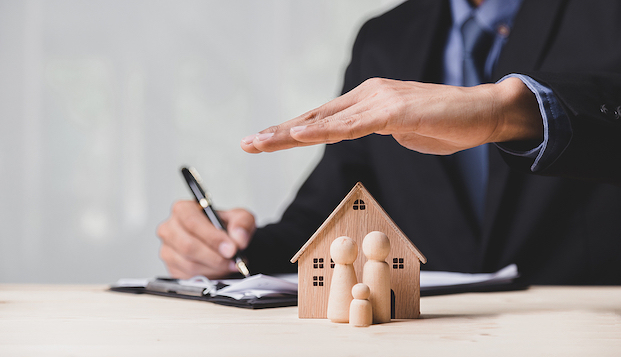Is Your Insurance Coverage Enough?
February 8, 2023
Do you have adequate insurance coverage for your home and vehicle? Would you know if you did? Find out here whether your home is underinsured.
Whether auto or homeowners, insurance is a powerful form of protection against disasters. Insurance makes rebuilding possible when something unexpected happens, whether a house fire or a car crash.
Unfortunately, a significant portion of the population is likely underinsured. Although building costs have risen in recent months, only 30 percent of homeowners have updated their insurance policies to accommodate this change. To complicate matters, many homeowners performed home upgrades during the pandemic, but less than half have updated their homeowners insurance policies to accommodate the change.
Being underinsured may not be as bad as having no insurance, but it can be. Paying for insurance that won’t cover your costs in a disaster can be devastating, especially if you have no money to rebuild after the disaster.
This article will discuss the risks associated with being underinsured, what it means, and what you can do about it.
What Does It Mean to be Underinsured?
There are multiple ways that a person can be underinsured. To be underinsured means to have the wrong coverage or insufficient coverage to protect your home or car when a covered event occurs.
Wrong coverage. You buy a home near a river and purchase a standard homeowners insurance policy. A storm causes the river to rise, creating water damage. Your homeowner’s insurance policy does not cover flood damage. To protect from costs related to flooding, you need flood insurance. Your home is underinsured.
Insufficient coverage. You buy a home and insure the dwelling for an amount that covers the replacement cost if destroyed. You have homeowners insurance, but after several years, you no longer have enough coverage to rebuild your home if lost. Your home is underinsured.
How to Get Adequate Coverage
To determine whether your home and vehicle have adequate coverage, start by reading your insurance policies and analyzing your needs. Research building costs, vehicle prices, and more. Touch base with your insurance agent during this process to get a professional opinion.
Some tips:
- Be honest with yourself about your insurance needs. Don’t risk underinsuring your home because lower premiums are currently more attractive.
- Be honest with your insurance agent about your home size, the presence of other structures, home improvements, and more.
- Talk to your insurance agent about separate scheduling of high-value items like jewelry.
- Ask yourself whether you can afford the deductible on the policy you currently have or are considering. A higher deductible can reduce your premium costs, but would you be able to cover the cost of the deductible in the event of a covered event?
- Review your auto and homeowners insurance coverage every year. Keeping tabs on your coverage makes it less likely that you’ll find yourself in a vulnerable position when a covered event occurs.
Have You Reviewed Your Insurance Coverage? If Not, It’s Time.
If you haven’t reviewed your homeowners and auto insurance coverage, it’s time – touch base with your insurance agent to kick off the process. Find out how much it would cost to increase your insurance coverage. Work with your agent to find a policy that will meet your needs.




